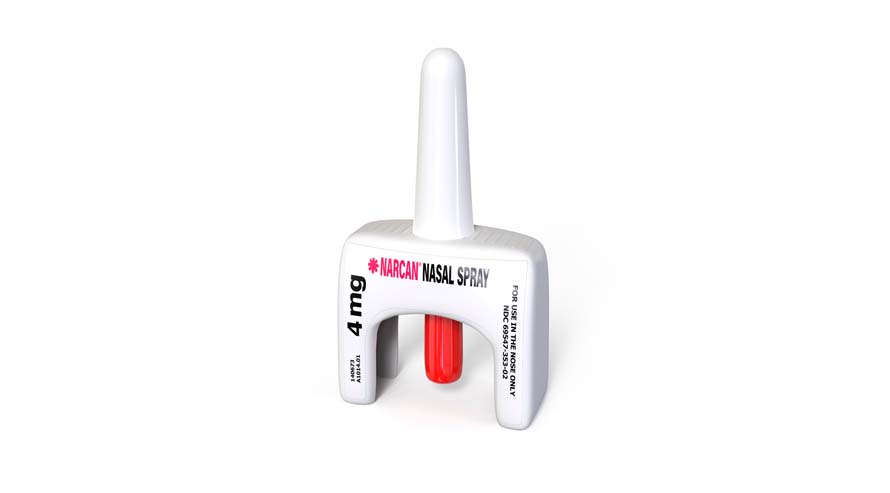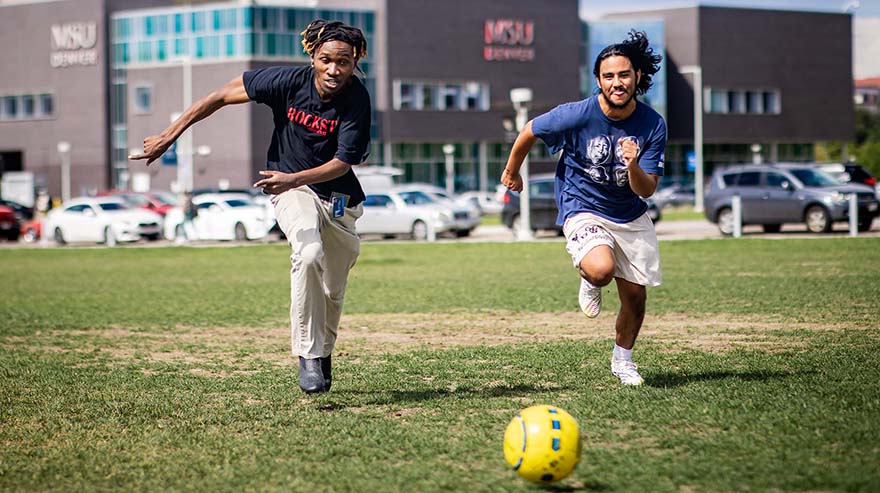Throughout the fall semester, the Student Success Launch Implementation Team made strides toward improving student retention and completion.
This work is a key component in operationalizing Pillars I and II of Metropolitan State University of Denver’s 2030 Strategic Plan. As the University achieves its student-success goals and the flywheel starts to turn, more resources will be available to help achieve goals across all five pillars of the Strategic Plan, allowing the institution to provide affordable and transformative education for any student in pursuit of the American dream.
This group formed by President Janine Davidson, Ph.D., is led by Provost ad Interim Marie Mora, Ph.D., and Vice President for Student Affairs Will Simpkins, Ed.D., with support from Meredith Jeffers, Ph.D., director of University Strategy. The Implementation Team also includes all of the academic deans and representatives from across campus. The focus is to eliminate barriers to student success at the University level in coordination with the deans’ student-success plans at the school and college level. In addition, the Student Success Launch includes seven interdisciplinary working groups focused on strategic priorities surrounding student success for the just-completed fall semester.
The implementation team selected seven priorities for student success for fall 2023 following an extensive heat-mapping exercise led by the Office of Strategic Initiatives & Analytics. The exercise included reviewing each dean’s 30/60/90-day student–success plans, previous student–success workshops and shared governance touch-points. The priorities, presented by Jeffers at the October President’s Cabinet meeting, and key areas of opportunity and related progress are outlined below:
Eliminate obstacles to registration and completion embedded in University policy.
Intervention increases graduation rates: Data demonstrates conclusively that faculty/staff intervention works, with retention rates among those failing degree audits increasing from 28% to 77% following direct support from a faculty/staff member. Such support includes everything from a simple answer via email to help in course substitution or degree plan changes.
Optimize the undergraduate–student registration experience.
Changes of major and withdrawals are key: Chairs gathered feedback on the change–of–major and withdrawal processes. Forthcoming results will help determine what would make these processes more efficient and straightforward to students, possibly by centralizing and/or extending the withdrawal deadline.
Deliver consistent, seamless advising experiences to all undergraduate students.
Importance of advising technology: The pilot of the artificial-intelligence tool GenAI has been expanded to assist faculty and professional advisors in process improvement as well as the streamlining of advising information.
Clearly communicate academic– and career–pathway opportunities to all undergraduate students.
Experiential–major maps show the way: This working group developed a template that includes universal items deemed necessary for all maps. Also included were customizable sections for colleges/schools/departments to provide consistent information on potential career pathways, student–engagement recommendations and tips for student success.
Undergraduate students will make decisions to change their major and/or withdraw that are right for them.
- Academic-planner-and-registration integration:
- 500 students completed academic plans in Navigate, ensuring clear paths to graduation.
- The working group explored ways to streamline registration, including conducting (and recording) an EAB “Quick-Click” registration demo.
- Meta majors and e/undeclared students:
- Continuing a Strengths, Weaknesses, Opportunities and Threats analysis of the meta-major concept at MSU Denver to address questions about impact on the University.
- Proposed change of nomenclature: “pre-(major)” rather than “un-(major),” with appropriate vetting through impacted programs.
Increase student engagement:
National Survey of Student Engagement data: The working group reviewed the University’s 2023 NSSE data and will share a full report of outcomes in January.
In the coming weeks,
the Implementation Team will share spring 2024 objectives and key results that will guide the working groups’ focus areas through late May. Community members should continue tuning in for regular updates from Jeffers, Mora or Simpkins at President’s Cabinet, Board of Trustees, Faculty Senate and other campus meetings.
To provide ongoing updates for the internal community, MSU Denver’s Strategy and University Communications and Marketing teams will regularly share progress on the 2030 Strategic Plan. This is the first in a series of ongoing monthly updates. Please contact Jeffers for more information.







